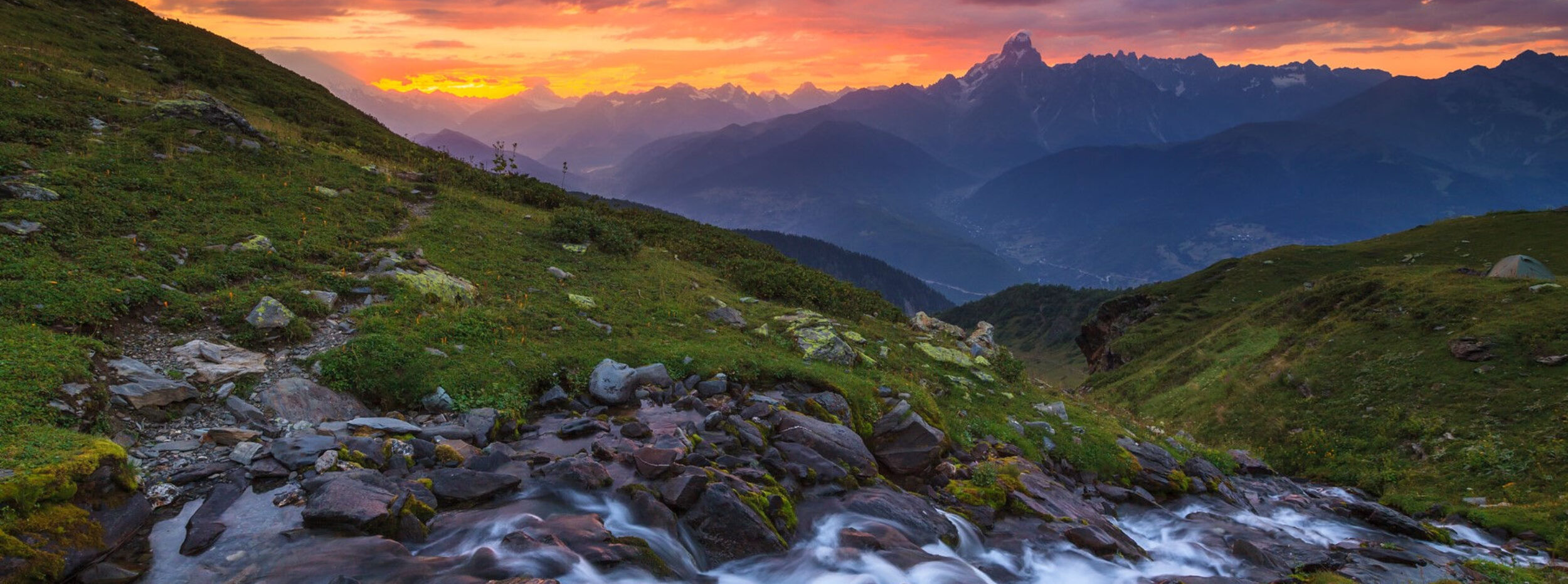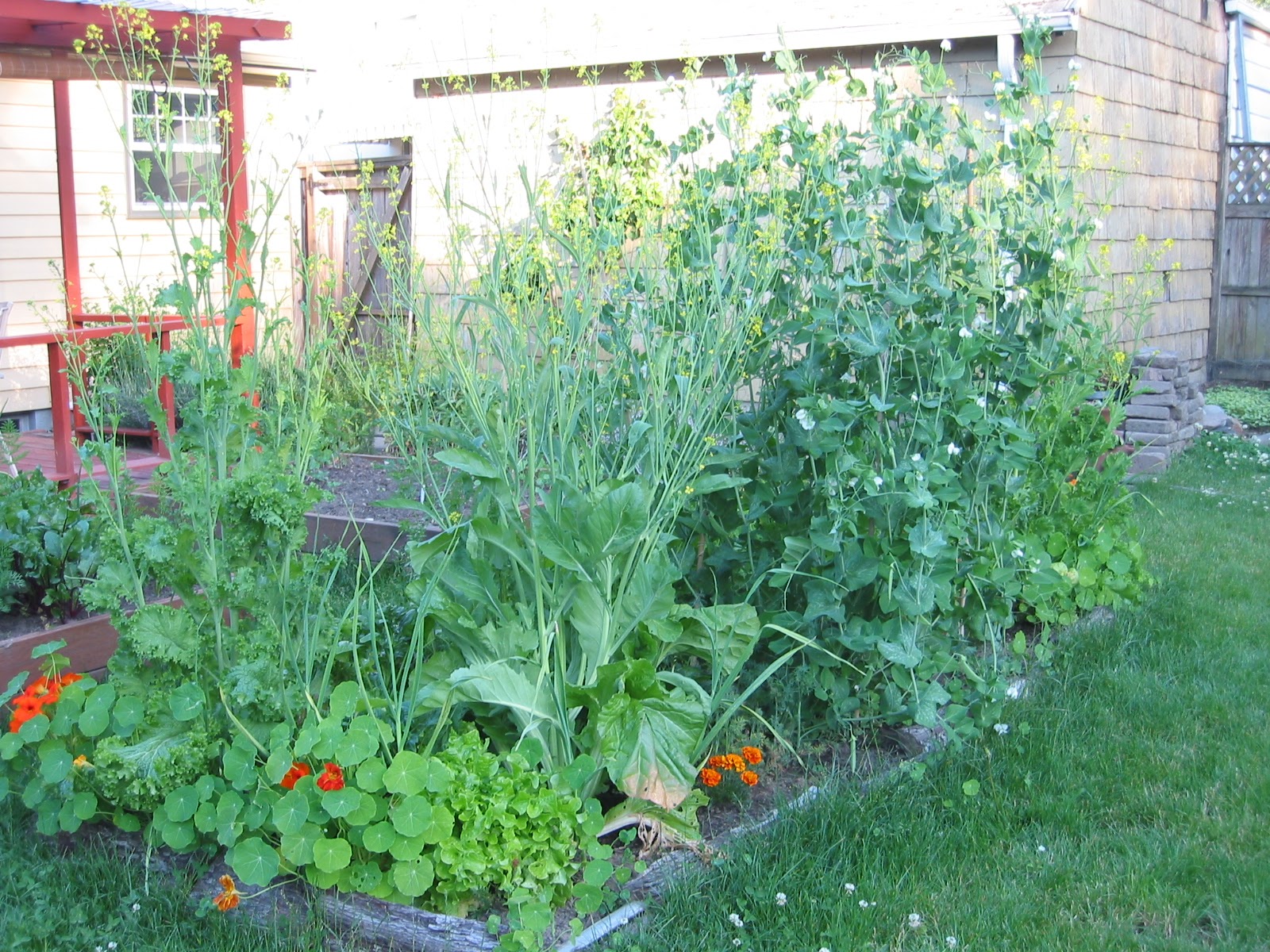How listening to and tending ourselves as living ecosystems connects us to what’s sacred and enables us to share space with others.
I’m standing in a garden. In a raised bed before me, the broad and spreading leaves of collard greens are encrusted with black aphids, dug into its flesh. They are riddled with holes revealing their skeletal frame, yellowing and curling at the edges. By the time the lady bug larvae hatch, it will be too late. A soil amendment for resilience will be fruitless. They are overwhelmed. I will go hungry. Even worse, I have failed as their keeper.
I duck into the dingy, plywood shed, rich with the scent of earth and decay, and brush the cob webs from my little plastic spray bottle. Two drops of dish soap topped off with water from the muddy hose, and I approach the collards, penitent and determined. I tenderly bathe each leaf, dislodging as many aphids as I can with the force of the spray, and gently massaging the rest out of the crippled crevices. I can almost feel its flesh sigh and release under my fingertips.
Stepping back, I survey the ragged and discolored leaves, raw in the morning light, and catch a subtle turn and lift as they perk back towards life. I rummage for some remnants of rich compost from Spring’s planting and spread it thick, then water deeply. All that remains is to wait – let the sun and soil revive what has been rescued, just in time, from annihilation.
I begin to inhale more deeply, wiggle my fingers and toes, and let my eyelids gently lift to receive the colors and shapes of the room. I grab my journal and write down everything I’ve seen and felt in this vision. What do the collards and aphids, the spray bottle and compost tell me about the nearly unbearable anxiety and resentment that sent me inward seeking relief?
According to Brian Swimme and Thomas Berry’s Universe Story, violence and destruction are universal laws: territorial baboons, parasitic wasps, supernovas. No two beings, be they particles or platypus, can occupy the same space at the same time. Each and every thing has an innate, infinite desire to fulfill its potential, but it’s reined in by the reality of finite energy. Everything that lives does so at the expense of something else. We can be overwhelmed against our will or choose to sacrifice ourselves so something else can live, but we cannot transcend this basic law of the universe.
Francis Weller teaches that while the archetypal Predator can never ultimately be defeated, two things can subdue it long enough for us to create a unique and valuable expression of our essence: community and the sacred. As a recovering codependent, community has been a problematic resource for me. I’ve found myself suppressing what’s innate to me in order to fit in, or becoming so reliant on the group’s validation that I lose touch with myself, disoriented and disconnected from my sense of forward, back, right, and wrong.
Going into withdrawal from dependence on external love, attention, and approval is uniquely painful. I’m the girl on the playground with the bob-cut and buck-teeth, shut out and snickered at. I’m the lone gazelle, feeling the lion’s gaze on my haunches and knowing I’ll be out-maneuvered and over-powered. But what solitude brings me, if I can expand my awareness beyond the exposure and vulnerability, is contact with what is sacred, with what is eternally and irrevocably mine, embedded in my flesh as surely as my heart and lungs.
My body and psyche are woven into a garden where they nourish each other in the ancient language of roots and oceans, storms and mountains. And this garden is sacred. It’s been gifted to me from earth and water, gravity and electricity, the bodies of plants and animals, microbes and air. It was formed from the earth itself so that what I take as me has a place to shelter. No other person or creature’s body is mine. Just this one. This is the place I belong. This is my primary land to tend.
This garden is also just one patch of literal and imaginal land woven into a planetary ecosystem where beings and energies are fed and decay, expand and are smothered, thrive and wither in their own time and in relationship with everything else. This is my wider home and deeper responsibility. I have the power to decide that the collards’ lives matter more than the aphids’, that my flesh matters more than what infects and torments it. That is simply my innate desire to survive and thrive. But the power to mold the environment to my preference, carried to its unfettered end, becomes the toxic industrial monocultures that currently threaten the entire planet.
Of all the things I could have seen in that garden, the aphids and collards were no coincidence. I’ve just started an intensive cleanse of parasites dug into my liver and spleen; parasites that hijack my neurotransmitters, causing me depression, anxiety, and anger in their bid to survive. The remedy I envisioned was exactly what was needed; for the collards and for my own body and psyche.
Following their lead, I slip into a warm bath and let the water wash away the tension and anxiety. I warm a bowl of shephard’s pie, blanketed with cauliflower sweet potato mash and rich with lamb shitake gravy. I eat slowly, letting the flavors, colors, and textures melt down my throat to replenish my soil. I take a deep pull on a tall glass of lemon water. I let the warmth of the glowing embers soothe my toes and the rising sun warm my back. I honor the beings who gave their lives for my meal, and the elements who changed their course to warm and cleanse me. In quiet stillness, I wait for the water, sun, and soil to restore me.
I slowly begin to perk, turning my tattered and discolored face back towards life. Perhaps when I am ready for harvest – ready to be offered back out into the world – my vitality will bring protection and resilience. I may feel less slighted when I’m not included in a conversation, when no one laughs at my jokes, when I’m criticized for something I did not intend or blamed for what is beyond my control. When the aphids return, along with the fears and defensiveness, they may be more easily overcome if my garden is thriving. And if I find it neglected, I know how to listen and nurture it back to health.
I also honor my garden’s wisdom about interdependence by making sacrifices so others have space to breathe and dream as well. We’re all aching to feel secure and jostling for space to express what we are; wrestling with the tension between our infinite longings and the confines of time and energy. Yesterday, you may have taken my request as criticism because you were defending something that’s sacred to you. I accept that I may not be heard today, because everyone is listening to you. And I trust that tomorrow, you may set aside your agenda to do something you realize is important to me. That is how Life works.
My garden is sacred – and so is yours. They are both part of one planetary ecosystem shared with every animate and inanimate thing. And with clarity, compassion, humility, and a little sacrifice, there just might be enough space for us all.
Nancy
Discover more from InnerWoven
Subscribe to get the latest posts sent to your email.


There is a treasure trove of resources and material to explore here. Thank you for putting so much work into your blog, which allows a neophyte like me to begin digging.
You’re most welcome, Rob!